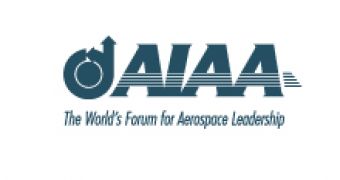The American Institute of Aeronautics and Astronautics (AIAA), the professional society for the field of aerospace engineering, has published a paper called “A Framework for Aviation Cybersecurity.”
“As one of the most complex and integrated information and communications technology (ICT) and control systems in the world, global aviation system is a potential target for a large scale cyber attack,” the paper reads.
“With the continual and rapid integration of new technologies, the aviation industry keeps expanding, changing, and becoming increasingly connected. As technologies rapidly evolve, however, so do our adversaries and their threats. Without the appropriate cybersecurity measures in place for this evolving threat, the industry may be at risk.”
The framework addresses several key topics, including the adaptation of common cyber standards to aviation systems, ensuring a cybersecurity culture, understanding the cyber risks and threats, incident response, the strengthening of defensive systems, and collaboration between government and industry.
“The global aviation system is a very complex and integrated system. As dependence on this system increases, it also becomes a target for those seeking to disrupt the industry and the global economy,” commented AIAA president-elect Jim Albaugh, cited by Air Traffic Management.
“It is my hope that the world’s aviation community implements the framework proposed in this paper, to better safeguard and ensure the future of aviation. Only a vigilant, unified, and coordinated approach will allow us to craft the best possible defenses against the sophisticated and ever-evolving range of threats we face.”
Earlier this year, security researcher Hugo Teso demonstrated how he could leverage flaws in aircraft systems to hijack airplanes.
Initially, the industry welcomed his research and promised to look into the issues he discovered. However, later, the industry’s representatives downplayed Teso’s findings, claiming that the systems used in airplanes were much more secure than the devices on which the expert had performed his tests.

 14 DAY TRIAL //
14 DAY TRIAL //